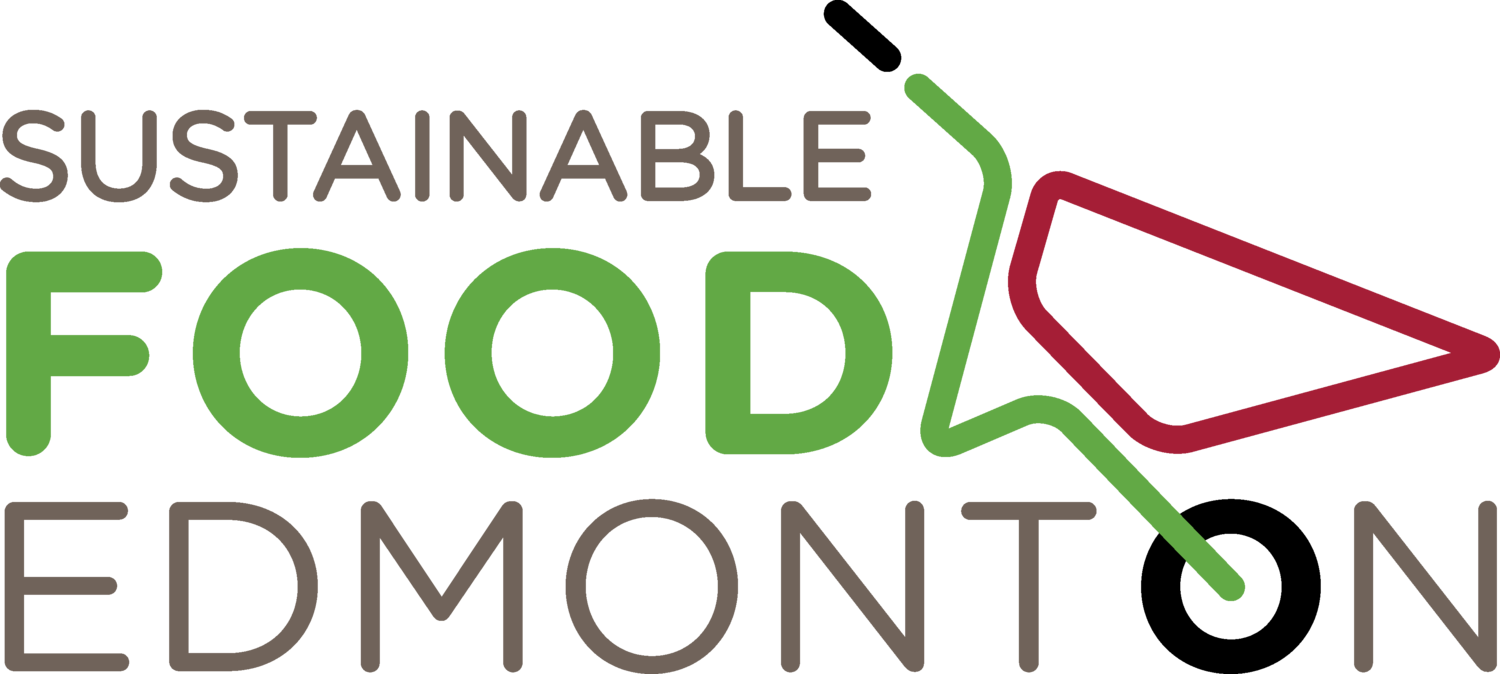Beyond the indoor garden boxes, people with an interest in nature contribute to food production and health products. Recently, some of our Little Green Thumbs students and teachers had an opportunity to learn from interesting and engaging speakers.
Edible gourmet mushrooms, whether for home-cooked or restaurant meals, are receiving more attention these days. Dr. Wang, a chemical engineer, mom, gardener and mushroom lover, was unable to find the mushrooms she was used to in her native China. Once she mastered the skill of growing her own oyster, reishi, lion’s mane and other mushrooms, she decided to start a business preparing and selling mushroom kits that families can tend and harvest at home. The kits are available at local farmers’ markets.
Our Little Green Thumbs students were amazed to learn that in addition to food and medicine, certain mushrooms lend themselves to being turned into leather, building bricks, and boards to replace wood in furniture and other applications. Many mushroom varieties help to remediate soil, loosen compacted soil, and help plants extend their root network to access nutrients and water. Mushrooms need high humidity and like to consume cellulose from wood chips, straw or hemp. While indoor plants need high levels of light, mushrooms do well in indirect, less intense light during the day. Dr. Wang’s presentation piqued the curiosity of many students.
Another unique job the students learned about was that of a herbalist. Dionne Jennings shared her passion and knowledge of some common herbs or medicinal plants we can grow at home, such as mint, lemon balm, rose, calendula, thyme, garlic and red raspberry. A refreshing water-based spray of mint to freshen up the face or hands was well received. The students also learned about the benefits of the dandelions, how every part can be used to support the body - and it’s an important food for bees! The students had a chance to taste garlic syrup and elderberry syrup, both helpful support the body’s immune system.
Our most requested topic for a presentation was the life and importance of bees. This topic fits very well with science in grades 1-3 and many children know that some bees have suffered from habitat loss, pesticide use and other factors that contribute to their decline. Patty Milligan with Northlands did an excellent job helping the children understand the lifecycle of bees. She also brought a fun kit with tools of the trade. The students tried on a bee hat, practiced using a smoker (without any embers of course), and they got to smell and feel pollen, honeycomb and propolis. Tasting two kinds of honey was another highlight.
We were fortunate to have Trudy and Kirk Harrold again to speak to a few LGT classes before spring work gets super busy at the farm. On their 111 year-old farm, the past, present and future play an important role as three generations farm together and grandchildren might continue as they grow up. The land is rich in history as well; Kirk passed around a 200 year-old stone hammer and mentioned finding numerous ancient arrowheads and flints. The Harrolds told the story of how they care for their land by leaving buffers of vegetation around water bodies and plant extra trees and shrubs to increase habitat for birds, insects and other wildlife. They also limit the use of chemicals as much as possible. The family raises beef cattle, and grows cereal crops, canola and peas in rotation. These crops feed the animals and surplus harvest is sold for human consumption. The students had many great questions and got a really good insight into the human – plant – animal food web at work on the Harrold farm.
Claudia Bolli, Little Green Thumbs







